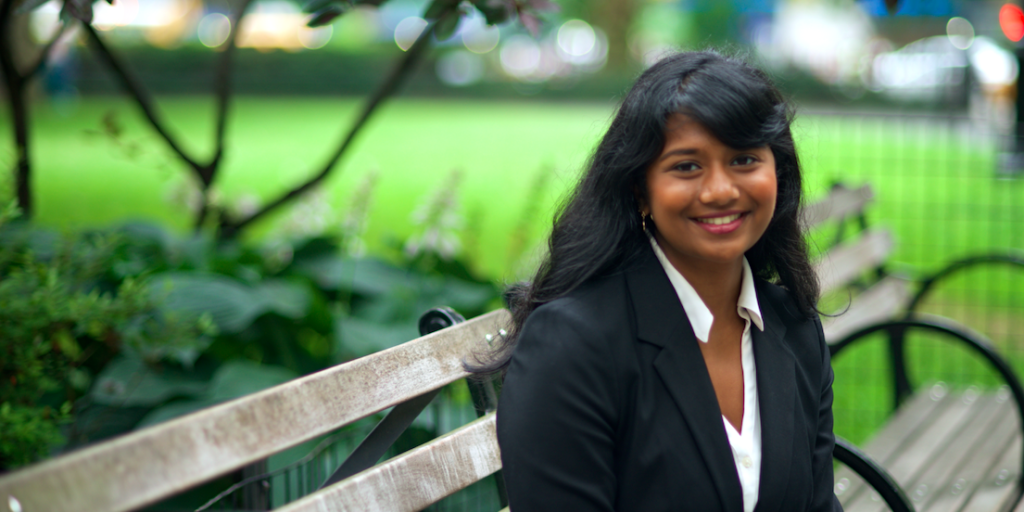The Luce Scholars Program is a nationally competitive fellowship program for Americans age 30 and younger that provides a yearlong professional placement in Asia. The fellowship was launched by the Henry Luce Foundation in 1974 to enhance the understanding of Asia among potential leaders in American society. The program provides stipends, language training, and individualized professional placements to qualified college seniors, graduate students, and young professionals in a variety of fields. The program is unique among American-Asian exchanges in that it is intended for young leaders who have had limited experience of Asia and who might not otherwise have an opportunity in the normal course of their careers to come to know Asia. The fellowship is experiential rather than academic in nature; therefore, the program seeks candidates with personal qualities such as flexibility, adaptability, creativity, humility, openness to new ideas, and sensitivity to cultural differences.
To learn more, we spoke with current Luce Scholar Varsha Govindaraju who is currently working with the Cambodian Women’s Crisis Center on human trafficking and domestic violence prevention efforts.
1. What inspired you to apply for the Luce Scholars program?
As a college and community advocate, I have worked with administration for systemic change, as well as engaged in outreach and education for cultural change. In my work, I work with several marginalized groups that constantly challenge me to become a better, more informed advocate. In this process, I was confronted with questions about Southeast Asian representation in college settings and realized that despite being Asian myself, I was only familiar with South Asia. In Seattle, I had worked primarily in institutions on violence prevention, but wanted to look at rural outreach and education. Also, after writing my departmental honors thesis, titled “Constructing Choice: Sex Politics, Feminism, and Legal Policy in Seattle”, I realized there is a need for culturally competent and globally minded policy makers and lawyers and I hope to enter this field in the future as a lawyer and educator. The Luce Scholars program offered the opportunity to learn about gender-based violence through a professional placement, but also integrate into the local community by the learning language. Spending time in Southeast Asia was my way of adding complexity and nuance to my understanding of Asia, as well as learning about community activism on preventing gender based violence.
2. What were some of your accomplishments as a Luce Scholar?
Over this year, I’ve had some amazing personal and professional experiences. Professionally, I’ve had hands on experience with rural outreach. I’ve had the opportunity to visit provinces that the Cambodian Women’s Crisis Center works with. I’ve been able to see intervention programs for men with anger management issues and understand how alcoholism in a post conflict setting effects domestic violence. I’ve spoken with women in their support groups who were facing abuse. Lastly, I’ve been able to work with staff at CWCC for project development and donor reports, understanding how local NGO’s work with international partners.
Personally, I’ve learnt how to ride a motorbike after about twenty minutes of practicing and have travel multiple small motorbike trips around Cambodia since. I’m speaking a language I didn’t even know the name of and now can have conversations with people in the provinces and learn about their perspectives. I’ve been able to reconnect with family in India that I haven’t seen in over fourteen years. For the first time, I’ve been able to travel to Thailand, Korea, Singapore and have trips to Vietnam, the Philippines and Laos coming soon. Lastly, I developed a stronger sense of self after facing many unexpected adversities. From navigating cross cultural norms to needing to self advocate in the hospital for the correct treatment to dealing with the police after getting hit on my motorbike, I’ve been shaped as a strong self advocate that can adapt to different cultural contexts.
3. What tips would you give others applying to the Luce Scholars Program?
My best advice for any applying is to be yourself and know how to explain your story. The Luce interviews were definitely not traditional. Beyond just your professional background, the Luce Scholars Program is interested in getting to know you and seeing if you are someone who can thrive in potentially difficult and uncertain circumstances. Coming from adverse childhood experiences, I have been able to connect my professional work with my personal narrative and cited how working in Asia will only make me a stronger advocate for the communities I wish to serve. Additionally, overcoming many difficulties demonstrated my ability to deal with the daily hardships of living in Cambodia. Being able to tie your story together and give reasons why Asia is the next step is key!
Varsha Govindaraju is a recent graduate of the University of Washington. Entering UW through the Robinson Center, she has spent the past four years cultivating her interest in human rights, social advocacy, anthropological research and holistic legal approaches.
© Victoria Johnson 2016, all rights reserved.
